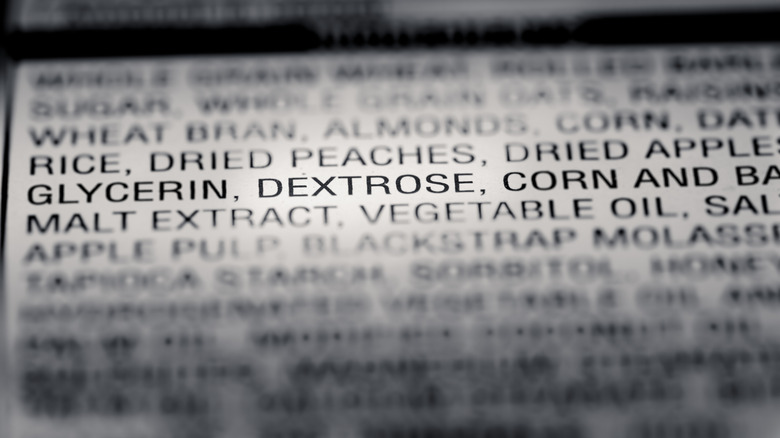Do All Frozen Foods Have Preservatives?
In the current age, where we're increasingly aware of food additives and modifications, there's a concern about the preservatives in frozen food. Indeed, it's all too common for these substances to be added to our meals. But how much is in frozen grocery aisles, and how can we minimize consumption of such foods? Thankfully, the simple answer is that not all frozen foods have preservatives (believe it or not, they aren't always necessary for these products). Admittedly, knowing the difference between foods with preservatives and the ones without them can be tricky. In the simplest terms, it involves paying attention to ingredients lists and looking for all-natural food.
These lists help you understand what's in it. The key here is making note of its length. The longer the list, the greater the possibility of preservatives, whereas a shorter, simpler list typically means the opposite. You'll also want to look for phrases like "preservative-free" as clear indicators that they're not present. Additionally, aiming for food that's all-natural or organic will typically grant a shorter list of ingredients, and, per the FDA, should mean nothing artificial has been added to the food. However, it's important to be careful here, as this leaves the possibility of an increase in other ingredients, like sodium and sugar, as they're naturally occurring preservatives. While they're not inherently bad for you, they can be when consumed in excess.
Preservatives aren't always necessary — and can even be bad for your health
There's good reason for preservatives' undeniably bad reputation, but it's important to at least know some common ones and what they do. One of those, sodium benzoate, is found in ice cream, acidic foods, and sauces. Its role is to prevent spoilage from mold and bacteria. Similarly, butylated hydroxyanisole (BHA) and butylated hydroxytoluene (BHT) are used to extend the freshness of frozen beef entrees by preventing oxidation.
Although they're effective at maintaining freshness, they're also potentially harmful to consumer health. The chemical is linked to several digestive and health-related issues, like gastroesophageal reflux disease (GERD). BHAs and BHTs are also considered toxic as they're potentially carcinogenic and have other negative effects on the body. Another common preservative, sodium nitrate, is used to maintain the taste and freshness of cured meats like hot dogs and sausage. As much as Americans love a good hot dog, this chemical has also been linked to issues like heart disease and colorectal cancer.
It's important to note that the act of freezing food is an effective natural preservative. Simply put, freezing food slows down the food's molecules so they become dormant, essentially putting them into a sort of stasis. While it won't kill any harmful microbes, freezing also crystallizes any water that's present, preventing it from helping them grow. However, anyone wanting to take advantage of this millennia-old process should know certain foods shouldn't be frozen. Lettuce, raw potatoes, and cooked pasta are among them, as crystallization of their moisture could ruin their integrity.

